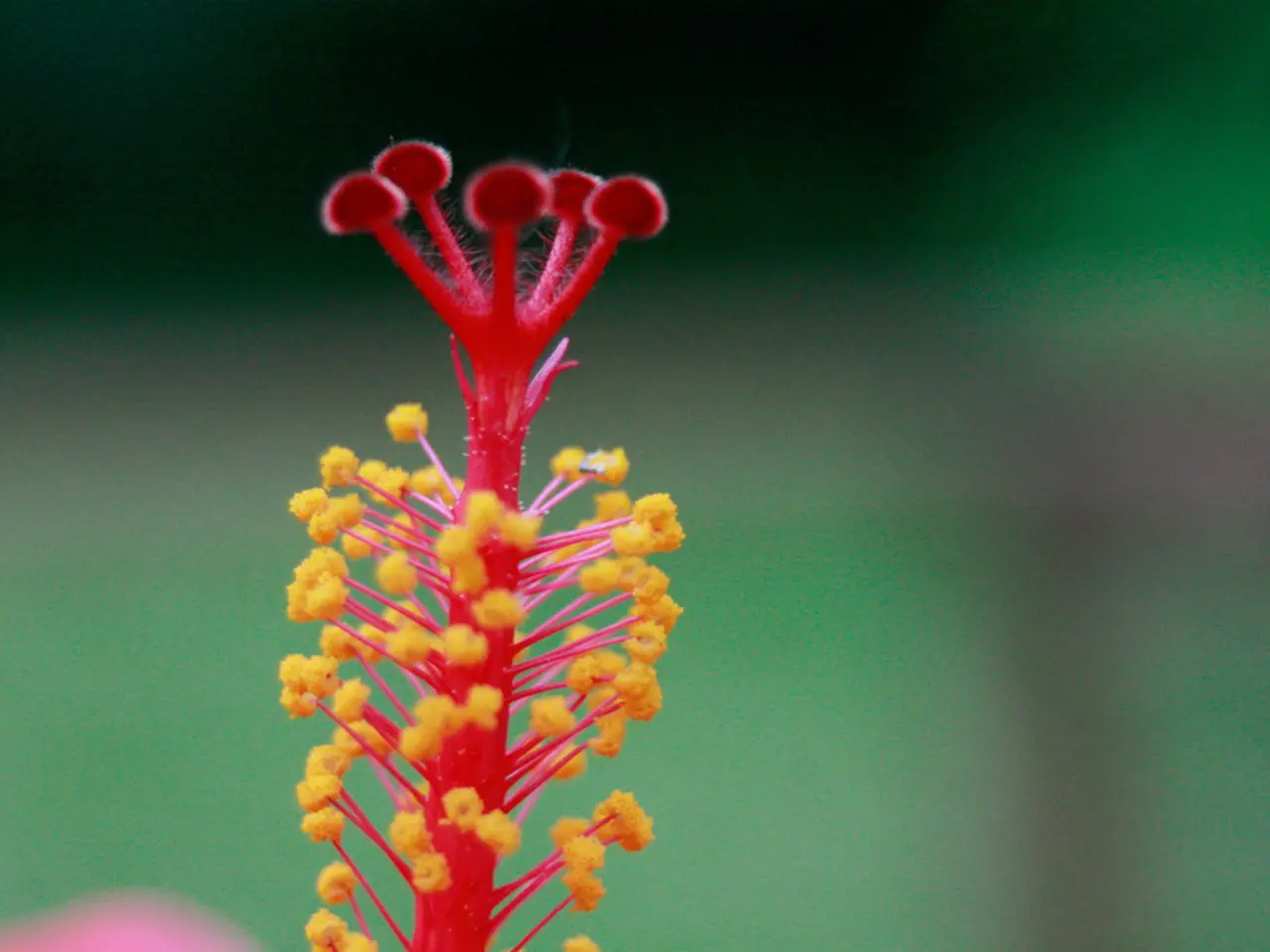Comprehensive Guide on Rhinitis: Symptoms, Causes, and Treatments
Rhinitis, an inflammation of the nasal cavity lining, is a common health issue that affects millions of Americans. According to the American College of Allergy, Asthma, and Immunology, approximately 40 to 60 million people in the United States experience rhinitis.
There are two main types of rhinitis: allergic and nonallergic rhinitis.
Allergic rhinitis is often triggered by specific allergens such as pollen, mold spores, or pet dander. If you have a personal or family history of eczema or asthma, you're more likely to experience allergic rhinitis. Seasonal allergic rhinitis, or hay fever, is commonly triggered by mold spores in the air or pollen from specific plants like grasses, trees, flowers, and weeds. Perennial allergic rhinitis can be triggered by pet dander and saliva, cockroach droppings, mold, and dust mite droppings.
Symptoms of rhinitis can range from mild to severe and may include a stuffy or runny nose, itchy nose, postnasal drip, sneezing, cough, sore throat, itchy eyes, watery eyes, headache, facial pain, slight loss of smell, taste, or hearing.
The best way to treat allergic rhinitis is to avoid the allergen. If avoidance is not possible, medications can help relieve symptoms. These may include over-the-counter or prescription medications such as nasal corticosteroid spray, nasal saline spray, nasal antihistamine spray, or decongestants. In some cases, a doctor may refer you to an allergist for allergy testing and treatment.
Nonallergic rhinitis, on the other hand, isn't triggered by specific allergens. Instead, it can be caused by one or more non-allergy inducing triggers and can affect you for short or long periods of time. Potential triggers for nonallergic rhinitis include air pollutants, stress, hormonal changes, and weather changes. Certain medications, such as NSAIDs and some blood pressure-reducing medications, can also trigger nonallergic rhinitis. Nonallergic rhinitis isn't related to the immune system response.
For nonallergic rhinitis, over-the-counter or prescription medications may be recommended. These may include nasal corticosteroid spray, nasal saline spray, nasal antihistamine spray, or decongestants. If a structural defect in the nasal cavity is responsible for complicating symptoms, corrective surgery may be recommended.
Rhinitis, while inconvenient and uncomfortable, generally poses little health risk. Allergic rhinitis usually clears when exposure to the allergen has passed, while nonallergic rhinitis may last for shorter or longer periods of time. It's important to consult with a healthcare professional for proper diagnosis and treatment.






